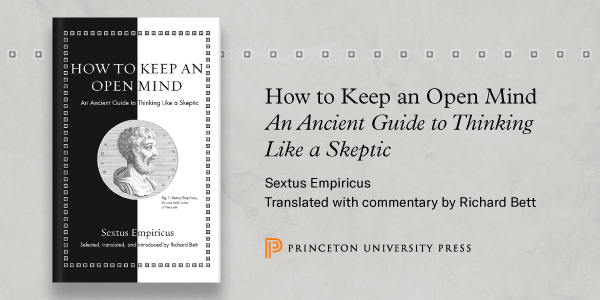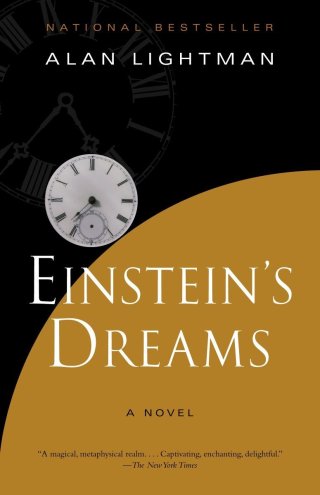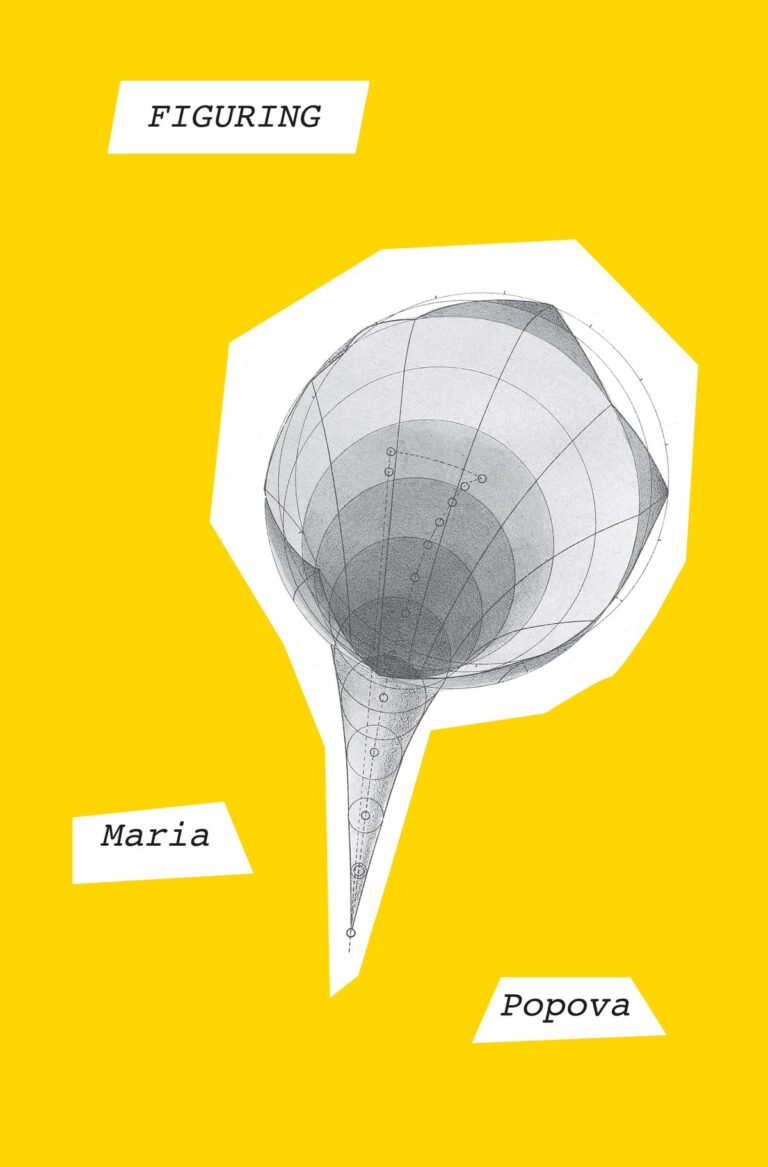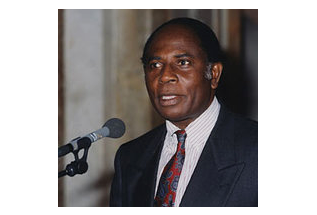In a post at his site, Dr. Kernion recounts what it was like to blow the whistle on Searle, and what Berkeley’s Department of Philosophy was doing at the time. It reveals a lack (probably a fairly common lack) of preparation for how to deal with this kind of situation.

This was inadequate.
So begins a September 2016 email from then-UC Berkeley philosophy graduate student Jackson Kernion to Buzzfeed. He notes that he had heard several concerns about Searle’s behavior, but that the university did not appear to be taking such concerns seriously:
So here’s my motivation for reaching out to you. It’s clear to me that the university won’t ever voluntarily take away the privileges it grants Searle in terms of institutional support and the opportunity to teach undergraduates. It’s equally clear to me that the university won’t, without outside pressure, make public their own investigations into Searle’s behavior.
That the professors themselves didn’t seem to have a firm grip on the confidentiality policy was revealing to me: they’d never gotten as far in their own contemplation of how to respond to rumors of Searle’s misconduct as I did. I felt that I had to send that email to BuzzFeed, to uphold my responsibilities. I could only presume that they did not feel similarly.
For years, grad students have voiced concerns about Searle through official channels, hoping for some official response. While there’s been no publicy-announced sanctions or anything like that, it has been suggested to us that complaints about Searle have lead to…something. Searle is now officially retired but he continues to teach a very large lecture course, give seminars, and the university just this month officially opened the John Searle Center for
Social Ontology…
I was surprised when my efforts to push for more information were met with hostility. I was made to feel like some kind of weirdo, for thinking we needed to talk about what had happened and have more transparency. That faculty members thought I was being unreasonable angered me more than anything else.
At the time, Dr. Kernion had only told a few close friends about his connection to the Buzzfeed investigative report, but he had been pushing for more information from the department about the matter.

I told them that, as I understood the policy–after carefully reading it–it required us to not disclose information communicated to us ‘from above’ (i.e. information collected by the university and then provided to an employee, so that they could do their job), but it did not preclude us from swapping stories and sharing our own first-person knowledge of Searle’s misconduct. The key idea being: it seemed to me like we had been misled into thinking we couldn’t talk about this stuff more openly.
[film still of “Tattooed Skeleton” by Suzanne Lacy]
So I found the faculty’s position hard to understand. Weren’t they afraid of damaging their relationship with the grad students? Did they not see how, in the absence of transparency, we’d jump to an unflattering-to-the-faculty interpretation of events? Why were they showing such deference to the administration? Did they not worry about how this lame response would hurt the department’s reputation? On narrow self-interest grounds, shouldn’t they have taken a different stance? What exactly were their motivations?
But at that meeting, and at subsequent meetings, our questions went largely unanswered. Instead, in prepared remarks, our department chair focused on: 1) how the faculty never violated university policies requiring them to report complaints of sexual harassment, and 2) how confidentiality policies limited how much additional information they were allowed to share.
You can read Dr. Kernion’s full post here.
That they themselves didn’t violate university policies was beside the point. What I took the grad students to be asking for was some kind of reassurance that the faculty were committed to acting in a morally responsible way–that they took their obligations as leaders of our community seriously. But no such reassurance was provided. They instead wanted to shift focus from ethical responsibilities to employment responsibilities.
After the the Buzzfeed story broke, the graduate students in the department requested a meeting with faculty:
And when I pressed the faculty, in that meeting, to give a more precise characterization of what they were/weren’t allowed to share under the university’s confidentiality policies, they weren’t able to give me a clear answer.
This was disorienting. I had to update my understanding of ‘how the world works’. I started to find it difficult to develop and sustain trusting professional relationships. If academic philosophers passively accepted Searle’s abusive behavior, what else were they passively accepting?
“I’m writing to you in the hope that you can shine a public light on the behavior of John Searle, a renowned academic in Berkeley’s philosophy department.”
Buzzfeed reported on the story, and eventually, after finding Searle in violation of the Berkeley’s sexual harassment policies, the university removed his emeritus status.




